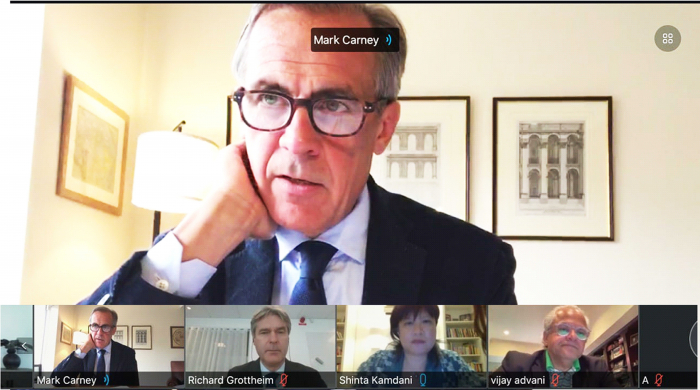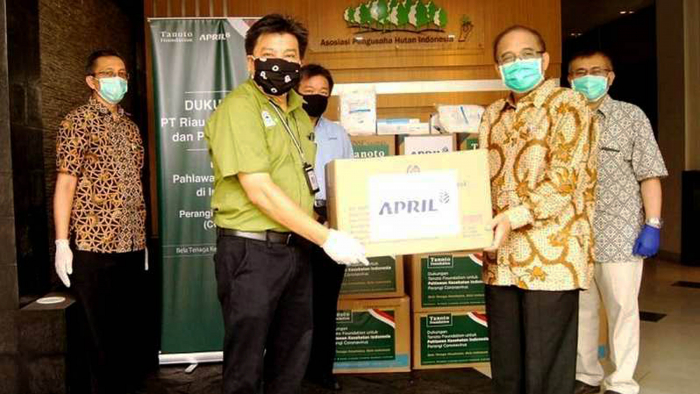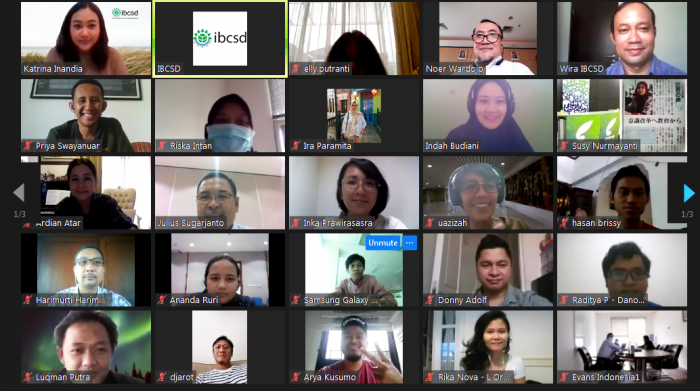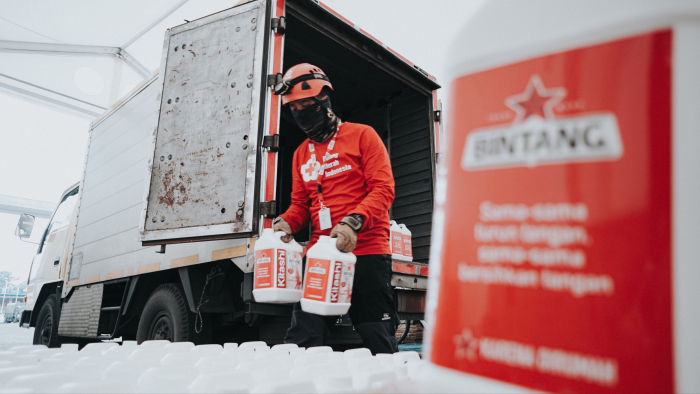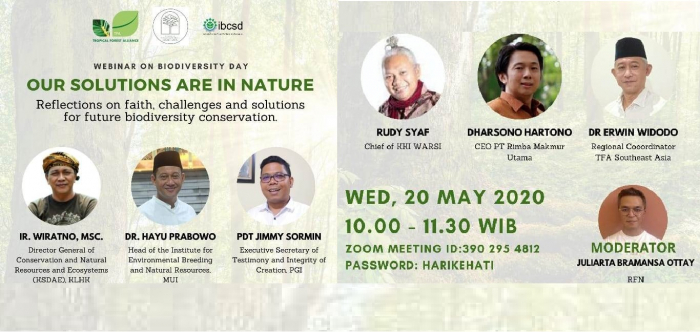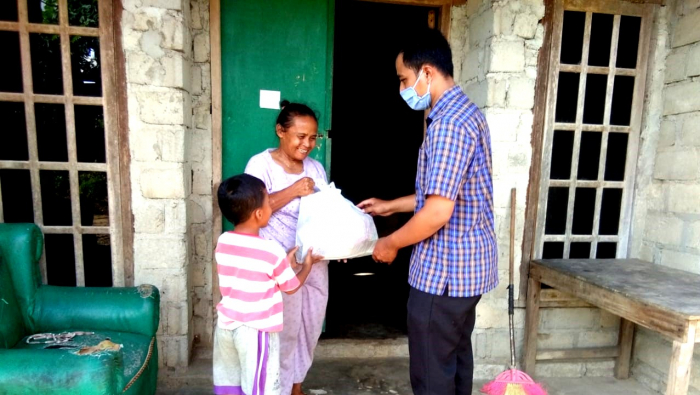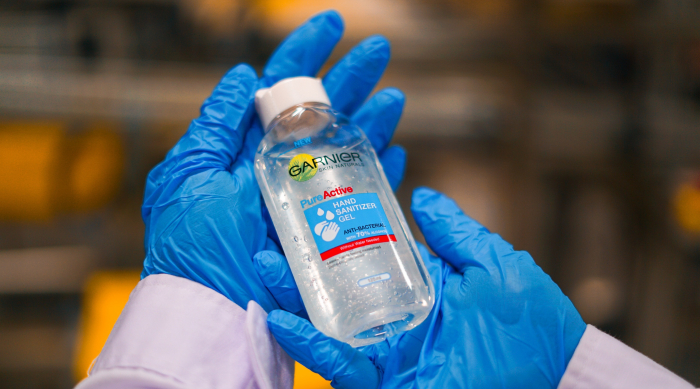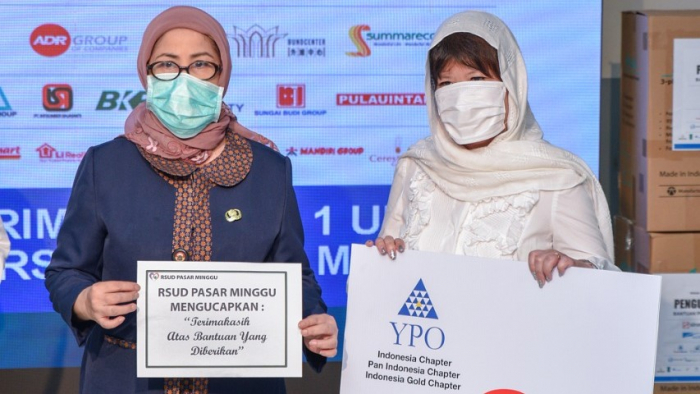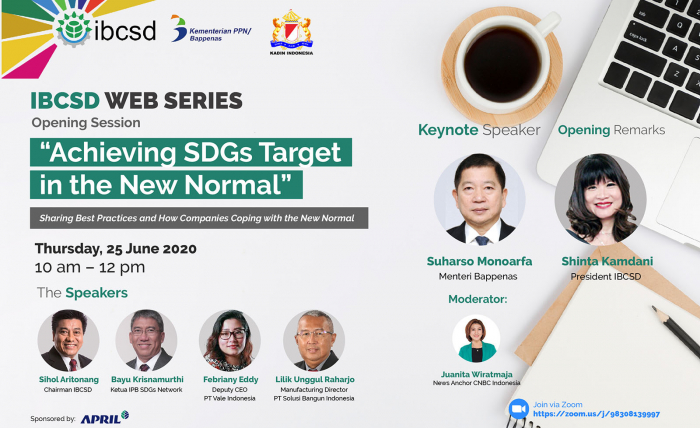
WEBINAR: Achieving SDG Target in The New Normal
Covid-19 could reverse the trend of reducing poverty in the last 9 years. The number of new poor people is predicted to rise to between 1.1-3.78 million, and the number of new unemployed is predicted to reach 2.9-5.2 million in the worst-case scenario. Now, the population below the poverty line reaches 10.86%, while the poor and vulnerable population is 30.77%.
Minister of National Development Planning and Head of BAPPENAS, Suharso Monoarfa, revealed the goal of national development in 2021, is first to reduce poverty levels. To achieve these targets, the focus of government economic recovery is the recovery of industry, tourism and investment, including strengthening food security systems; National health system reform; Reform of the social protection system; Reform of the disaster management system; and education reform.
Suharso also said that collaboration is the key to achieving these targets. “The government clearly cannot work alone but requires intensive collaboration between the government, business people, and the community, and various relevant stakeholders. For this reason, various joint steps can be taken to overcome the impact of the pandemic in the business sector collective action agenda to support the achievement of SDGs. “
Related to business world initiatives in supporting the achievement of SDGs, IBSCD Chairman Sihol Aritonang revealed that despite the pandemic, the majority of industries did not change their views on SDGs. As many as 81.8% of respondents from the IBCSD survey stated that the company will continue to do various businesses and work according to the target SDGs that have been determined as a focus even before the pandemic occurs.
In addition to the three speakers, this time the webinar was also filled by the Chairperson of IPB SDG Network Bayu Krisnamurthi, Deputy CEO of PT Vale Indonesia Febriany Edy, and Manufacturing Director of PT Solusi Bangun Indonesia Lilik Unggul Raharjo. UNDP Indonesia Resident Representative, Christophe Bahuet was also present as a respondent, together with representatives of the younger generation through Youth in Sustainability.
This Plenary Webinar is an opening of a series of webinars that will be run by IBCSD. It is planned that there will be three more webinars which will cover development issues and SDGs according to the Social, Economic and Environmental pillars. Rows of speakers from Ministerial level, business actors, to academics are ready to fill in the series of webinars that will last until August 2020.
Find all the speakers material, press release, and the recorded webinar here:
